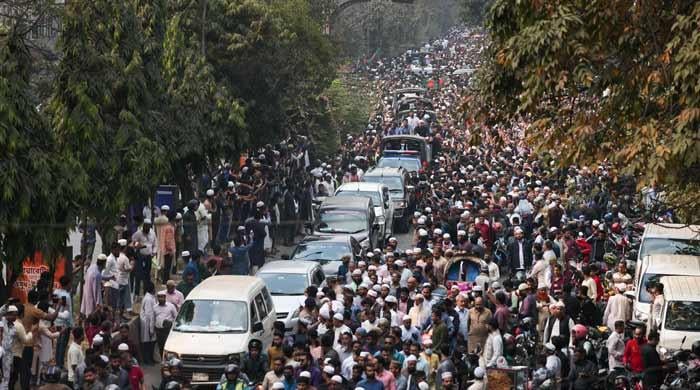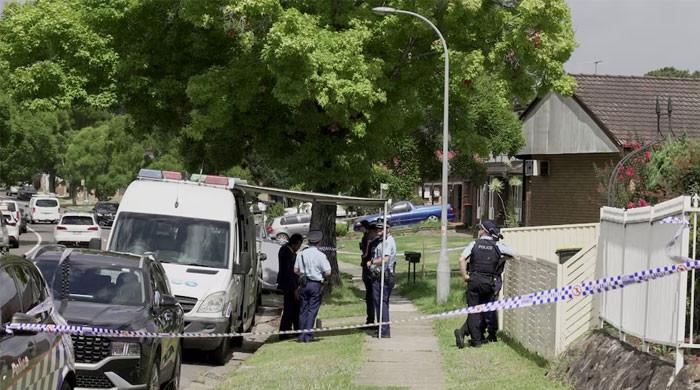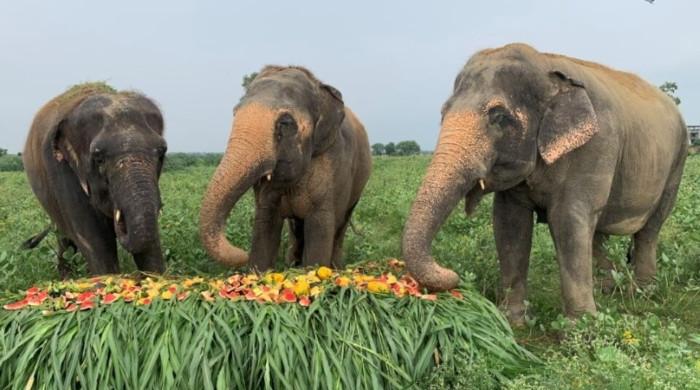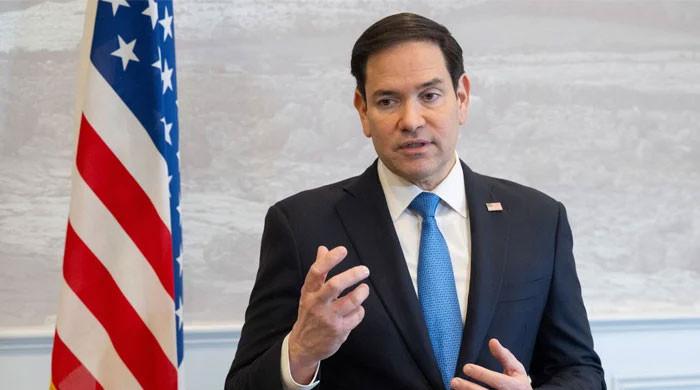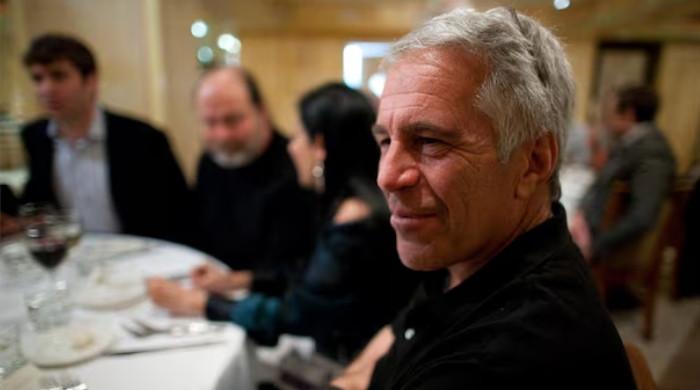Occupied Kashmir less stable today than it was before Modi govt: report
'By unilaterally scrapping the core of its social contract with IoK, New Delhi has further undercut its ability to reach out to disgruntled Kashmiris'
August 08, 2020
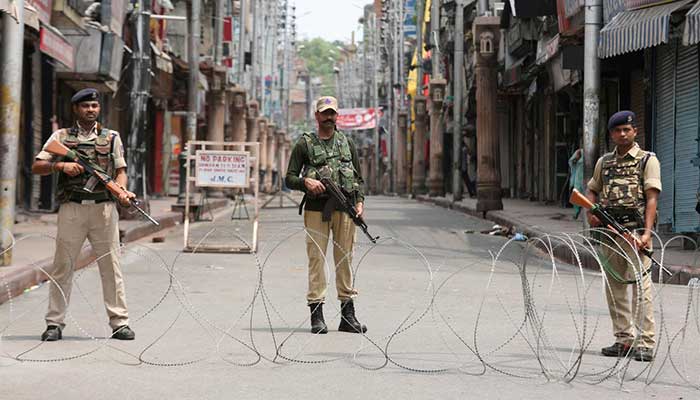
ISLAMABAD: The International Crisis Group (ICG) in its latest report has said Indian occupied Kashmir is 'less stable' today than it was before the Modi-led government in New Delhi revoked the special status of the disputed region.
“By unilaterally scrapping the core of its social contract with the Himalayan region and forcibly suppressing local dissent, New Delhi has further undercut its ability to reach out to disgruntled Kashmiris and likely pushed more youngsters to opt for the gun," the ICG said in a report titled “Raising the stakes in Jammu and Kashmir”.
It added, “New Delhi claimed that its bold move would help bring peace and development to the region after three decades of conflict. One year later, its reforms, coupled with heavy-handed counter-insurgency tactics, have only exacerbated Kashmiri alienation and raised tensions with Pakistan. Kashmir’s youth continues to join militant ranks.”
The group in its report also called on India’s international allies to urge New Delhi to restore the “statehood of Kashmir, [ensure] detained politicians are freed and to end the culture of abuse against civilians by the security forces.”
It added that over the last few years, New Delhi’s counter-insurgency measures and massive rights abuses have ignited the growth of militancy led by the local youth. “The anger and sense of betrayal stemming from India’s August 2019 decision is enabling a variety of armed groups, local and foreign, to recruit more young Kashmiris,” the group notes.
For three decades, repression and humiliation have been major drivers of Kashmir’s uprising against the Indian state. Without a change in policy, it will not only persist but also likely grow. Violence will breed more violence.
In the absence of direct channels of communication between India and Pakistan, risks of a regional conflict will continue to mount, with potentially disastrous consequences.
“Neither side wants a war, yet each is pursuing policies that heighten risks of some form of confrontation. India’s and Pakistan’s top civilian and military leaders should tone down inflammatory rhetoric, respect the ceasefire they have committed to along Kashmir’s Line of Control, and seek ways of progressively resuming bilateral dialogue”, the ICG said.
Speaking about the human rights abuses in the region, the group joins a host of voices over denial of justice by the Indian judiciary. “While the judiciary has not delivered justice to the victims of human rights abuses, some family members have refused to be deterred. Among them is Ashraf Mattoo, father of Tufail Mattoo, a victim of police gunfire in June 2010, whose death marked the start of five months of violent street protests and retribution by security personnel”, the report states.
“Had the police investigated the first few killings in 2010 fairly, Kashmir would not have reached this point,” the report noted.
ICG says that for now a way out of the situation is best addressed by resuming dialogue with Pakistan and Track II Initiatives, allowing a political process of all shades, ending impunity and rights abuses, revisiting the territory’s reorganisation, and restoring the historical social contract New Delhi has had with occupied Jammu and Kashmir based on its special constitutional status which would go a long way to rebuilding trust.
“The removal of constitutional guarantees that Kashmiri Muslims saw as essential to preserving their identity has only increased local anger; even pro-Indian political parties feel betrayed.
“Ideally, the BJP government would find a way to revisit the profound administrative changes it has unilaterally imposed on the region,” it added.





